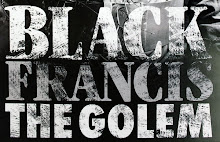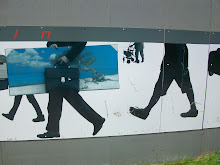
Jazz Poet, Author Gil Scott-Heron Dies at 62
By Valencia Mohammed
Special to the AFRO
Pioneering poet and musician Gil Scott-Heron died May 27 at St. Luke’s Hospital in New York City. He was 62.
Scott-Heron became ill after returning from a European trip, but the exact cause of his death was not released.
Scott-Heron was best known for collaborating with pianist and flutist Brian Jackson during the early 1970s and his melodiously voiced performance readings in the late 1970s and early 1980s. One of his most famous compositions was 1970’s “The Revolution Will Not Be Televised,” an early anthem of Black militancy.
Scott-Heron was born in Chicago, Ill. on April 1, 1949, but raised in Tennessee. His parents divorced when he was young and he was sent to live with his maternal grandmother, finally relocating after her death to the Bronx.
After attending DeWitt Clinton High School and then the Fieldston School, where his writing talent was first recognized, Scott-Heron enrolled at Lincoln University in Pennsylvania. While at Lincoln he met Jackson and the two formed the band Black and Blues. He subsequently left school to write two novels, “The Vulture,” published in 1970, and “The Nigger Factory.” He eventually received a Master’s Degree in Creative Writing from Johns Hopkins University in Baltimore.
His recording career began in 1970 with “Small Talk at 125th and Lenox,” followed by “Pieces of A Man” (1971) and “Small Talk” (1972), where his distinctive spoken-word style began to fully emerge. He created or collaborated on twelve other albums, the most recent coming in 2010, 16 years after his last effort. During the intervening years he had struggled with substance abuse problems.
Gil Scott-Heron was married during the 1970s to the actress Brenda Sykes.
http://www.afro.com/sections/arts_entertainment/story.htm?storyID=5187
I'll Take Care of You - Gil Scott-Heron
Gil Scott-Heron - The Bottle









































































































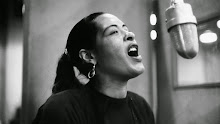



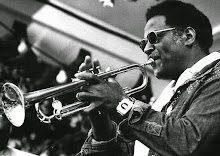
































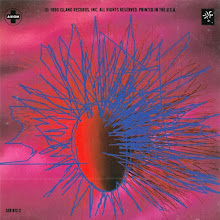






































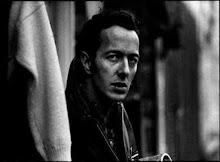


























![Emilio Aragón [Miliki]](https://blogger.googleusercontent.com/img/b/R29vZ2xl/AVvXsEgU984UtiH44tEevrjWKEP26uzJpkSR0NMPCyUzIg16SRop9lUziLazCa4V3Ol9LgmRdnzgHiyLD-8SPVx7J7cZt1G5jmzE1lDfWyzlvXaq7dp2EQ5OLle-bBG3ZcovVu5h00ZzuOwXVCo/s220/Gracias+Miliki%2521.jpg)

























































































































































